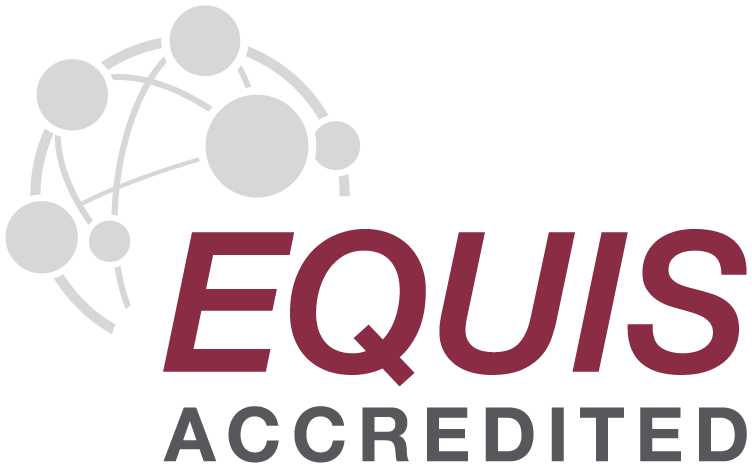- Main menu
- Department
-
Courses
-
Home Courses
-
Bachelor’s degree in Economics
(Laurea Triennale) -
Master's degrees
(Lauree Magistrali)- Master’s degree in Accounting, Finance and Business Consulting (MAFiB)
- Master’s degree in Applied Economics (MAE)
- Master’s degree in Management for Sustainable Firms (MASFi)
- Discontinued Courses
- Contattaci / Contact us
- Professional Master's Degrees
- PhD Programme
- Single course units
- Tutoring Courses
- Active Learning
- dSEA Teaching Methods
- dSEA Program/Student Statistics Board
-
Bachelor’s degree in Economics
-
Home Courses
-
Research
-
Home Research
- Research Overview
- Faculty & Publications
- PhD Programme
- Funded Projects
- LEM - Laboratory of Economics and Management
- Seminars
- Labs
- Working Papers
- Conferences and Workshops
- dSEA Research Videos
- Marco Fanno Prize
- Databases
- Career Upgrading & Relevant Documents
- dSEA three-year research plan (PTSR)
- Spotlight on Research
- Research Areas
-
Home Research
-
Services
-
Home Student Services
- Teaching Office
- Orientation Service
- Stage & Placement
- International Mobility Service
- Tutoring Service
- International Desk (Degree Seekers)
- Study Spaces
- Software available
- Virtual Laboratory VLEM
-
Home Student Services
- Business and networking
- Research areas management

Curriculum in Economics
During their first year, PhD students in the Economics-track are exposed to a set of core modules during the first term (i.e., Macroeconomics, Microeconomics, Game Theory and Econometrics). During the two remaining terms, students have the chance to choose among a range of elective courses that suit best their research interests (see the course description below as an indication). Towards the end of the first year, our students identify their supervisors (typically two) working on topics of interest, and benefit from a close supervision to write a “summer” paper. This piece of work is presented and evaluated in September, and is the student’s first milestone to progress in the following three years focusing exclusively on research.
Overall, the program offers a solid theoretical and empirical training while the elective courses cover research areas of interest to many researchers within the Department. Our faculty works on cutting edge research in these fields – for example: applied microeconomics (e.g., health, labor economics, economics of education and aging, public economics, development economics and economic history, urban economics, energy and environmental economics, international trade, political economy), economic theory (e.g., industrial organization, social choice and mechanism design), econometric theory, experimental economics, monetary economics and banking.
Throughout the programme, students are an active part of our research community. Students interact regularly with colleagues in the department, participate and present their work in seminars and events hosted in our department, meet with our guest speakers and obtain feedback on their work. They are also encouraged (and financially supported) to present their work in external events. This academic path helps students mature as economists, and with our support during the job market period fulfil their ambitions when obtaining their first academic job placement.
→ Courses







